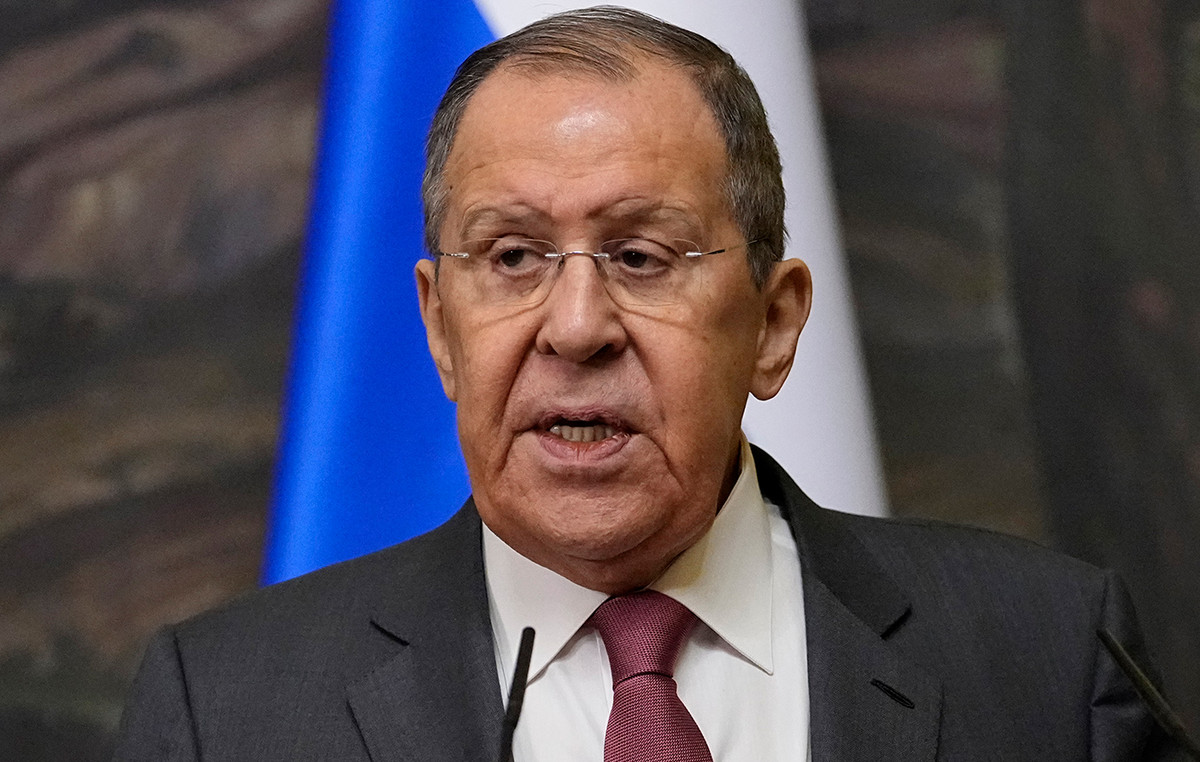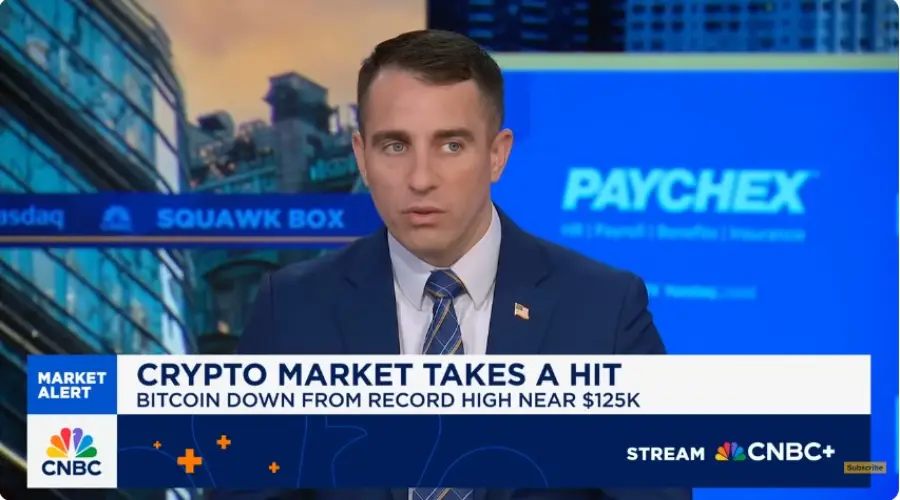By Enrique Diaz – Alvarez
The inflationary episode is evolving worldwide and continues to subvert expectations and historical correlations. The turmoil in global bond markets took its worst turn last week, sending the 10-year bond yield close to the psychological level of 2.5%. However, global stock markets continue to hold well as investors look for assets that could provide some protection against rising prices. Emerging markets are the particular beneficiaries of this trend, as the commodities they export continue to rise in price and value in rarity. Special mention is made of our favorite for years, the Brazilian real, with a rise of 5% for the week and an amazing 18% so far this year. The yen once again recorded its worst performance, as the Bank of Japan appears to be the only G10 Central Bank not yet ready to tighten monetary policy.
Inflation figures are coming to the fore this week, especially in the Eurozone, where we expect the inflation figure for March to jump to a new record on Friday. The US PCE inflation report will be available on Thursday, but it is for February, so it will not provide much new information. Finally, the report on employment in the US will be published on Friday afternoon. The main focus there will be on the evolution of wages, which so far have not increased accordingly, something that fuels the voters’ dissatisfaction with the Democratic government in Washington.
As we have been predicting for some time now, strategists continue to revise their forecasts for commodity-based currencies. The inflationary environment is here to stay and should offer a headwind to the emerging markets and G10 currencies of net exporting countries.
Sterling
As economists revise their forecasts for inflation in the UK, the real facts continue to surprise with their rise. In February, prices increased by 6.2%. Sterling weakened after the news. Markets are beginning to question the Bank of England’s determination to bring inflation under control following announcements by the Monetary Policy Committee at its last meeting. Many speeches by Commission members are scheduled this week. The traders will listen to them carefully, seeking further clarification of the confused messages that had come out of the previous meeting. We would not be surprised by another change in the tone of the communication messages which would further align the Bank of England with other Central Banks and provide the necessary support to sterling.
Euro
The PMI indicators of business activity were stronger than expected and are in line with a moderate slowdown in economic activity in the Eurozone as a result of the war. The IFO (income for operations) indicators came out worse than expected, however we believe that the PMI indicators are a better guide for future economic growth. Monetary and fiscal policy will remain very supportive for the immediate future and we believe that a recession remains highly unlikely. Next week the March inflation figures will come out and could well exceed 7%, due to the sharp rises in energy prices. The key index is also expected to rise. We remain increasingly skeptical that the European Central Bank can wait until the end of 2022 to announce increases, as markets shape prices, and we believe that future economic data is likely to force the Central Bank to move ahead of summer. Even if the markets price this possibility, the euro will have to find support.
US dollar
Losses in the US bond market have led to the fastest revaluation of bond yields for many decades, while losses in investment and bond market ratios so far this year are the highest ever. This jump in yields has brought the dollar less support than in previous sessions. Federal Reserve officials are now sending a clearer message that not only will there be increases in each session, but these increases could well be double the usual, at 50 basis points. The PCE inflation report and the figures in this week’s employment report are expected to be very strong, so they should not stand in the way of further Federal Reserve interest rates, but the market has already priced a tightening for this year and it will be difficult to price more, so the impact on the dollar should be limited.
* Enrique Diaz – Alvarez is Chief Risk Officer of the international payment company Ebury.
Source: Capital
I am Sophia william, author of World Stock Market. I have a degree in journalism from the University of Missouri and I have worked as a reporter for several news websites. I have a passion for writing and informing people about the latest news and events happening in the world. I strive to be accurate and unbiased in my reporting, and I hope to provide readers with valuable information that they can use to make informed decisions.







